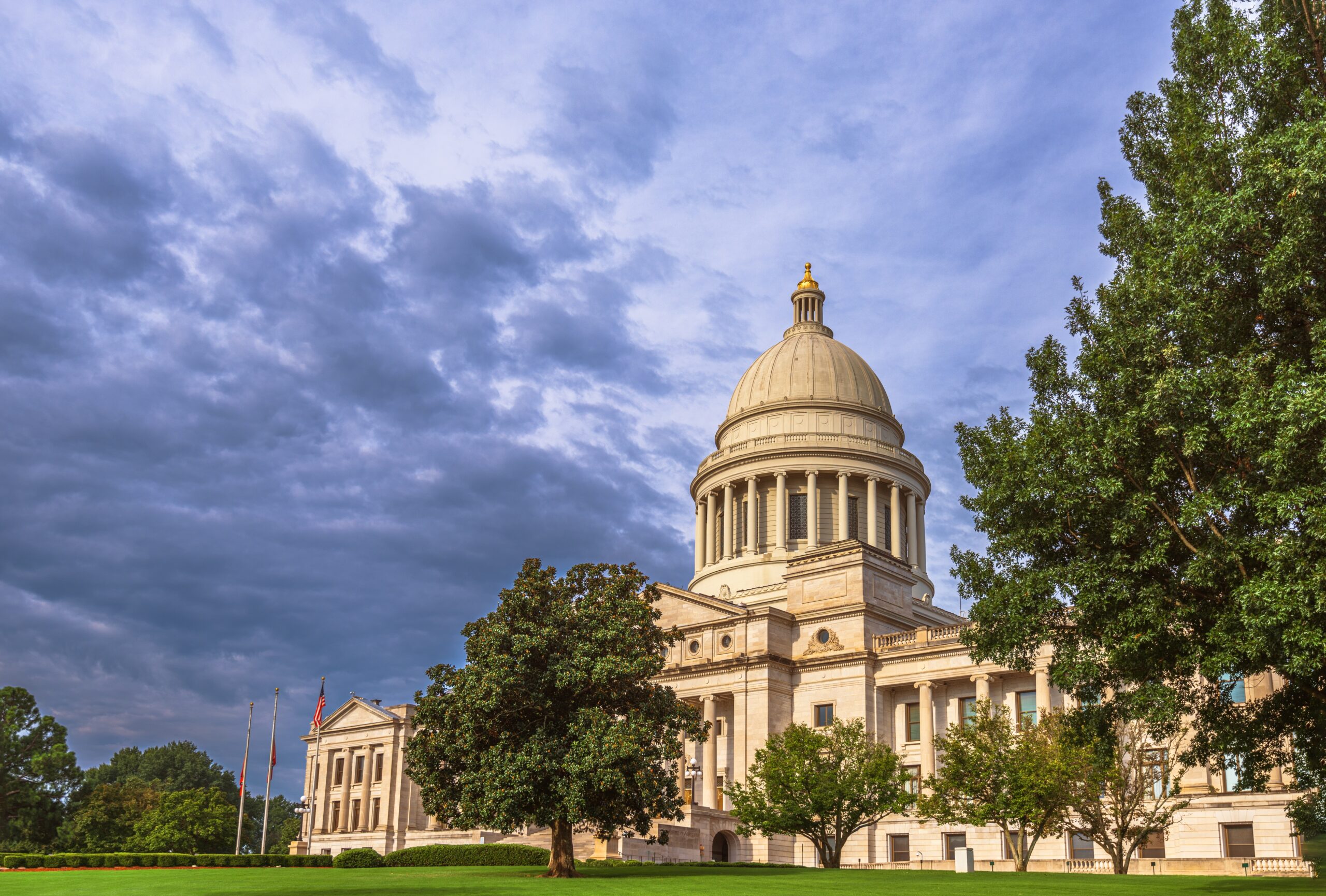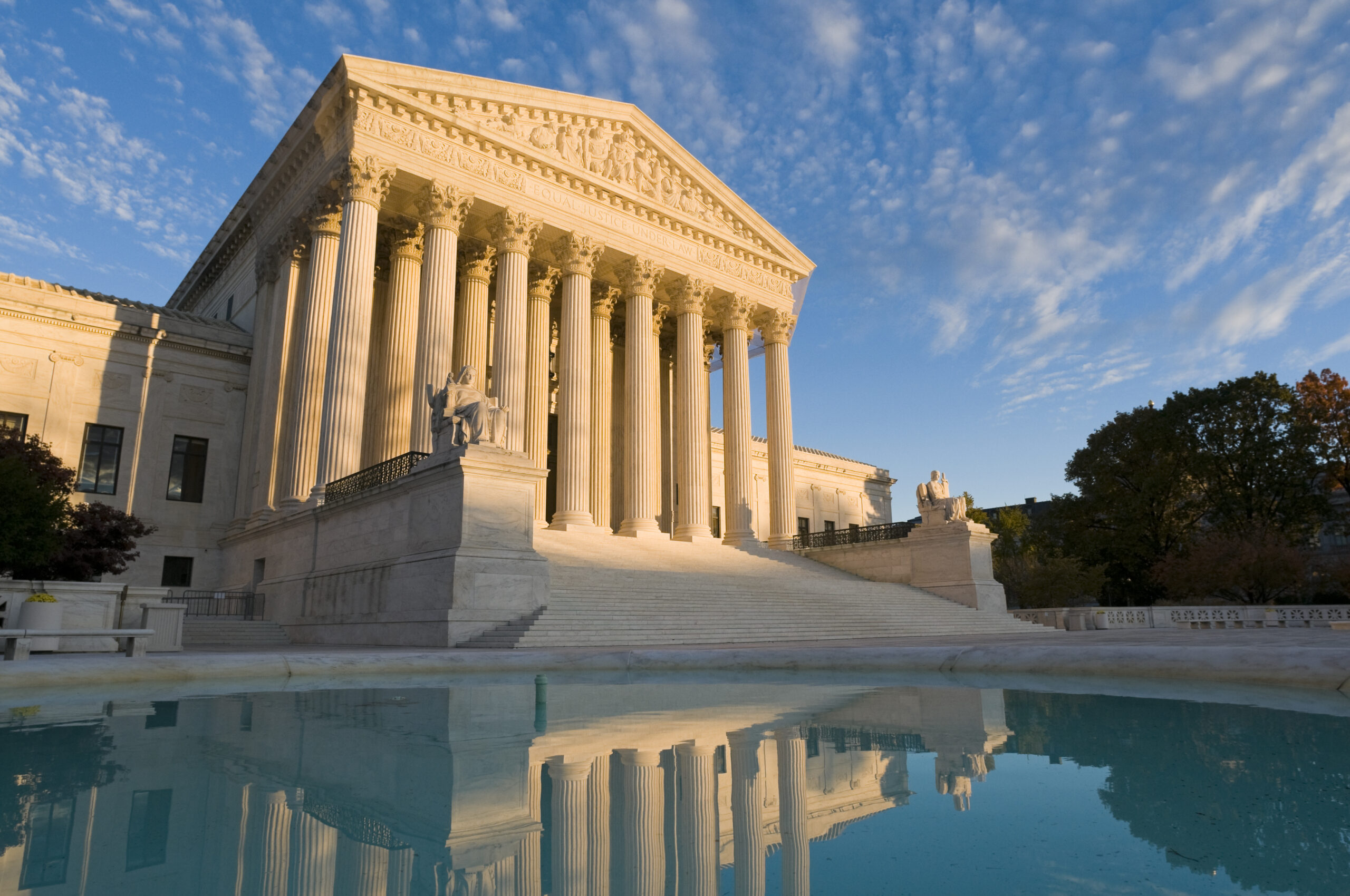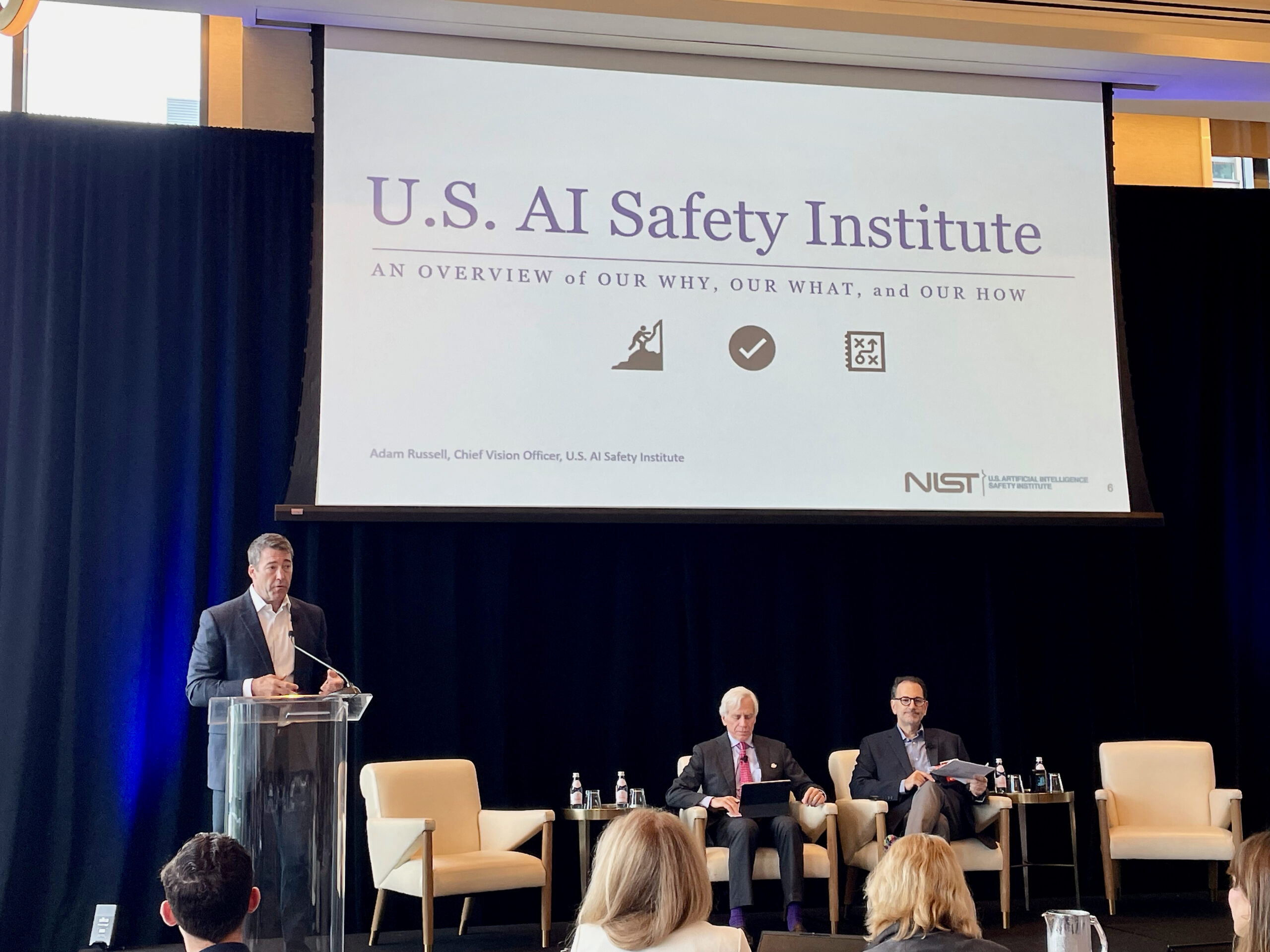Little Rock, Minor Rights: Arkansas Leads with COPPA 2.0-Inspired Law
With thanks to Daniel Hales and Keir Lamont for their contributions. Shortly before the close of its 2025 session, the Arkansas legislature passed HB 1717, the Arkansas Children and Teens’ Online Privacy Protection Act, with unanimous votes. As the name suggests, Arkansas modeled this legislation after Senator Markey’s federal “COPPA 2.0” proposal, which passed the […]
FPF Publishes Infographic, Readiness Checklist To Support Schools Responding to Deepfakes
Today, the Future of Privacy Forum (FPF) released an infographic and readiness checklist to help schools better understand and prepare for the risks posed by deepfakes. Deepfakes are realistic, synthetic media, including images, videos, audio, and text, created using a type of Artificial Intelligence (AI) called deep learning. By manipulating existing media, deepfakes can make […]
FPF Releases Report on the Adoption of Privacy Enhancing Technologies by State Education Agencies
The Future of Privacy Forum (FPF) released a landscape analysis of the adoption of Privacy Enhancing Technologies (PETs) by State Education Agencies (SEAs). As agencies face increasing pressure to leverage sensitive student and institutional data for analysis and research, PETs offer a unique potential solution as they are advanced technologies designed to protect data privacy […]
FPF Releases Infographic Highlighting the Spectrum of AI in Education
To highlight the wide range of current use cases for Artificial Intelligence (AI) in education and future possibilities and constraints, the Future of Privacy Forum (FPF) today released a new infographic, Artificial Intelligence in Education: Key Concepts and Uses. While generative AI tools that can write essays, generate and alter images, and engage with students […]
5 Ways to Be a Top Dog in Data Privacy
Data Privacy Day, or Data Protection Day in Europe, is recognized annually on January 28 to mark the anniversary of Convention 108, the first binding international treaty to protect personal data. To raise awareness for the day and promote best practices for data privacy, we’ve partnered with Snap to create a Data Privacy Day Snapchat […]
FPF’s Year in Review 2024
With contributions from Judy Wang, Communications Intern 2024 was a landmark year for the Future of Privacy Forum, as we continued to grow our privacy leadership through research and analysis, domestic and global meetings, expert testimony, and more – all while commemorating our 15th anniversary. Expanding our AI Footprint While 2023 was the year of […]
Contextualizing the Kids Online Safety and Privacy Act: A Deep Dive into the Federal Kids Bill
Co-authored by Nick Alereza, FPF Policy Intern and student Boston University School of Law. With contributions from Jordan Francis. On July 30, 2024, the U.S. Senate passed the Kids Online Safety and Privacy Act (KOSPA) by a vote of 91-3. KOSPA is a legislative package that includes two bills that gained significant traction in the […]
Reflections on California’s Age-Appropriate Design Code in Advance of Oral Arguments
Co-authored with Isaiah Hinton, Policy Intern for the Youth and Education Team Update: On Wednesday, July 17th, the U.S. 9th Circuit Court of Appeals heard oral arguments for an appeal of the District Court’s preliminary injunction of the California Age-Appropriate Design Code Act (AADC). Judges Milan Smith Jr., Mark Bennett, and Anthony Johnstone appeared interested […]
Chevron Decision Will Impact Privacy and AI Regulations
The Supreme Court has issued a 6-3 decision in two long-awaited cases – Loper Bright Enterprises v. Raimondo and Relentless, Inc. v. Department of Commerce – overturning the legal doctrine of “Chevron deference.” While the decision will impact a wide range of federal rules, it is particularly salient for ongoing privacy, data protection, and artificial […]
AI Forward: FPF’s Annual DC Privacy Forum Explores Intersection of Privacy and AI
The Future of Privacy Forum (FPF) hosted its inaugural DC Privacy Forum: AI Forward on Wednesday, June 5th. Industry experts, policymakers, civil society, and academics explored the intersection of data, privacy, and AI. In Washington, DC’s southwest Waterfront at the InterContinental, participants joined in person for a full-day program consisting of keynote panels, AI talks, […]










